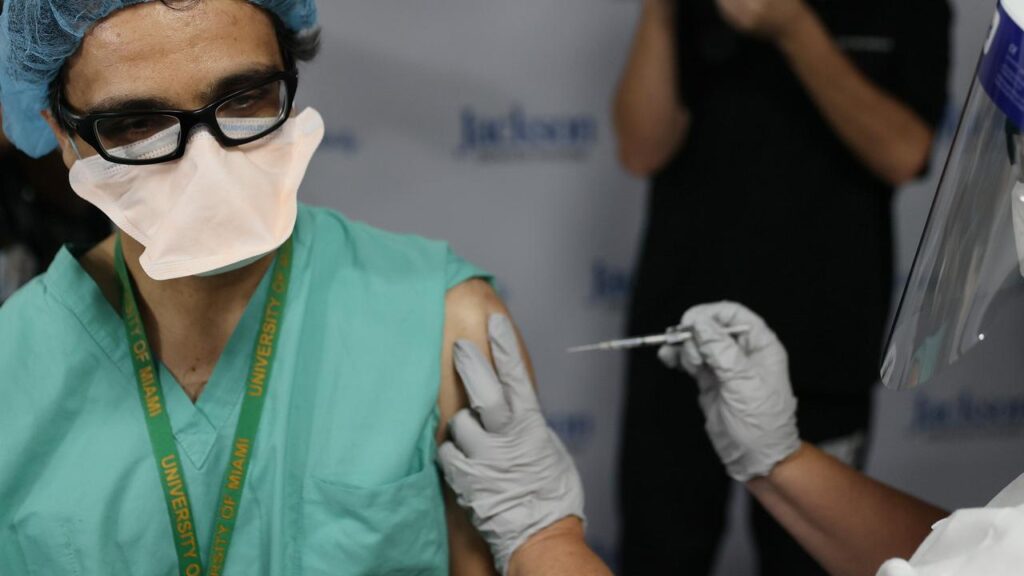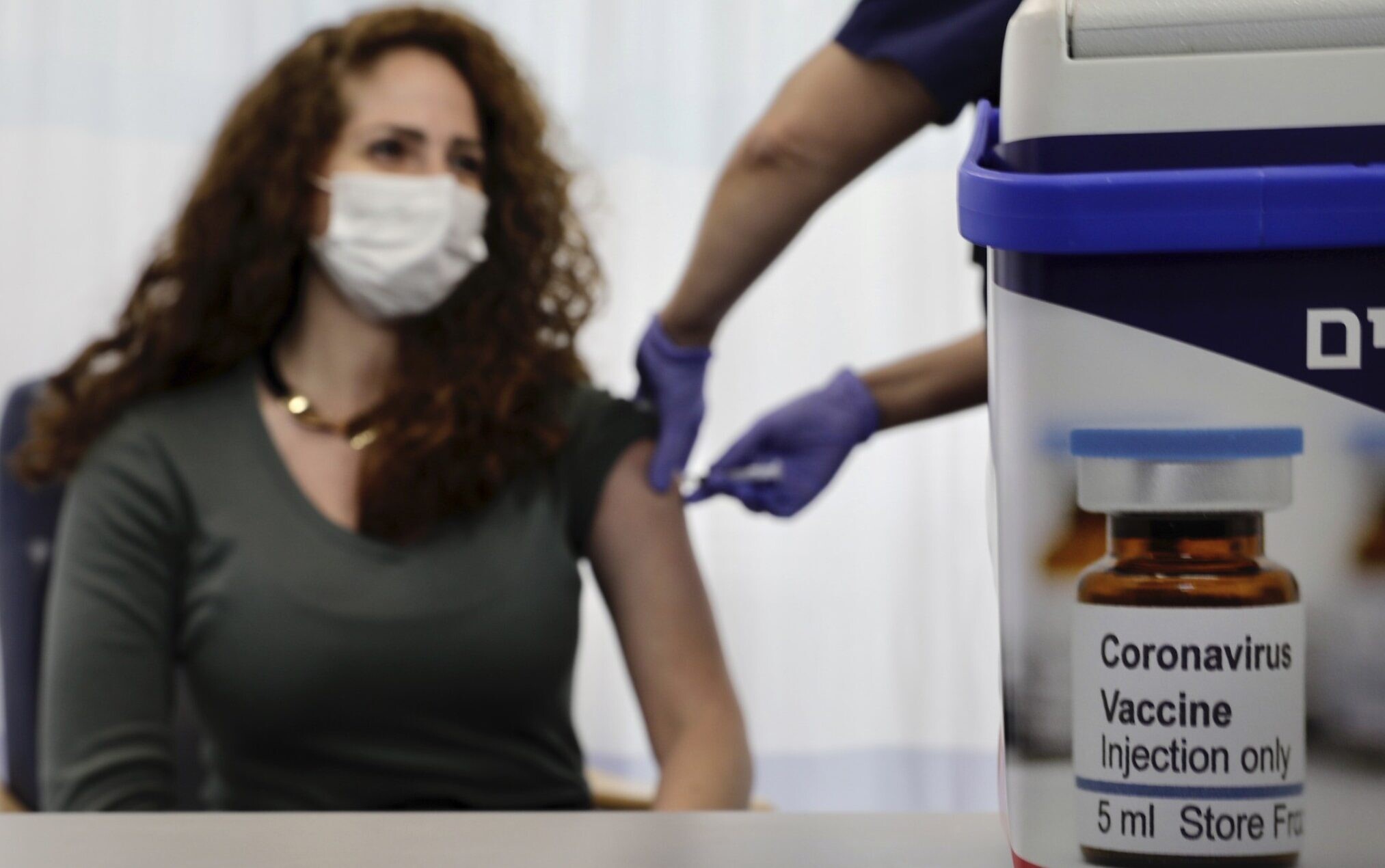European Union member states will begin vaccinations against Covid-19 in 10 days, Germany said, as Europe tries to catch up with Britain and the United States after what some have criticized as a slow EU approval process for the jabs.
“In Germany we will start, if the approval comes as planned, on Dec. 27. The other countries in the EU want to be able to start and want to start from Dec. 27,” Health Minister Jens Spahn said before an online meeting with Chancellor Angela Merkel and executives from vaccine maker BioNTech.
As a member of the EU, Germany is obliged, by and large, to wait for the European Medicines Agency (EMA) to approve the vaccine. The EMA is expected to make an announcement on Dec. 21.
READ MORE: Greek PM vows COVID-19 vaccinations will be free for everyone
READ MORE: 42 percent of Greeks say they will get the Covid-19 jab, survey shows
A senior EU official said on Wednesday the bloc could give its final approval for the vaccine, developed by Pfizer and its partner BioNTech, on Dec. 23.
That will be weeks after Britain, which left the EU early this year, approved the shot on Dec. 3 for emergency use, followed by Canada on Dec. 9 and the U.S. Food and Drug Administration (FDA) on Dec. 11.
In Britain, around 140,000 people have already received the jabs, BioNTech Chief Medical Officer Oezlem Tuereci said at Thursday’s online event.

According to Spahn, the vaccine should become available to all 27 EU member states at the same time, regardless of their financial strength, thanks to negotiations led by the European Commission that he said were an “important signal of European solidarity”.
Merkel said Germany was looking forward to starting life-saving vaccinations, a day after the country reported 952 deaths related to the coronavirus, its highest daily number yet.
“If we look at how many people are dying of coronavirus now, we know how many people this [vaccine] can save,” she said.
BioNTech’s Tuereci said the “marathon” was not over yet for the vaccine maker.
“Our team here at BioNTech has been working through nights and weekends, has put off vacations. They will continue over Christmas to make sure delivery can happen quickly,” she said.
Sourced By: Reuters
